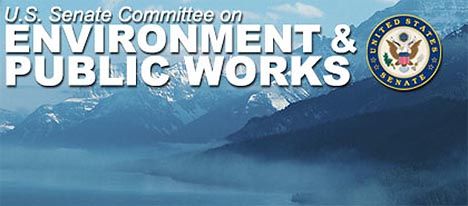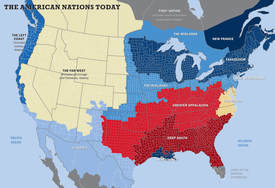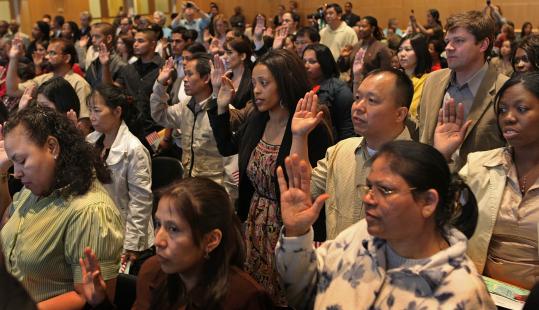| Guiding Thought Question: What is an advantage, and a disadvantage of having sub-committees with different jurisdictions (defined below) within the House and the Senate, made up of members from both political parties, to debate and change bills before they are sent to the rest of the House or Senate to be voted on? Committee Jurisdiction - The subjects and functions assigned to a committee by rule, resolution, precedent, or practice, including legislative matters, oversight and investigations, and nominations of executive officers. Today's Learning Objective: Students will be able to explain the purpose of committees within the house and the senates. Students will examine a committee within the house, and one within the senate, and explain the purpose, and the types of bills that both deal with. Students will prepare a short informative presentation dealing with their assigned committee. Central Question: How is decision making delegated to ensure best possible outcome? (HS.1.1.c, HS.1.2.a) |
|
0 Comments
Guiding Thought Questions: Given the composition of the two houses of Congress, why might the environmental concerns of younger generations not necessarily be translating into action? What should young people be looking to do about it?
Today's Learning Objective: Students will discuss the qualifications and roles of the houses of congress, as well as the general roles and responsibilities of congress. Students will then examine current environmental legislation to see what types of bills are being worked through right now and how the process actually plays out. Central Question: What is the function of the Legislative Branch and how can it affect Environmental Conservation? (HS.1.1.c, 1.2.d) Unit I Readings:
Kelman, Steven, Making Public Policy: A Hopeful View of American Government, Basic Series in American Government, Basic Books, 1987 Introduction (Pgs. 3-10) Wills, Garry, A Necessary Evil: A History of American Distrust of Government, Touchstone Publishing, 1999 Introduction (Pgs. 15-22) Honors: Grodzins, Morton, The American System: A New View of Government in the United States, Transaction Books, 1984, Chapter 1: The American System as a Single Mechanism (Pgs. 3-16)
|
Environmental Policy Class ForumWelcome to the Forum! Here is where you will be answering your daily warm-up questions. Please do not enter your last name for privacy reasons, and you may use a nickname if you would like (Just make sure Mr. Tredinnick is aware of the nickname you are using). Write out thoughtful responses to the forums on the days they are assigned. If you miss a day please take it upon yourself to complete the Forum you missed. Each Forum has the targeted Learning Objective(s) there so you can see what the focus of the day's class will be. Archives
November 2022
Categories |







 RSS Feed
RSS Feed
